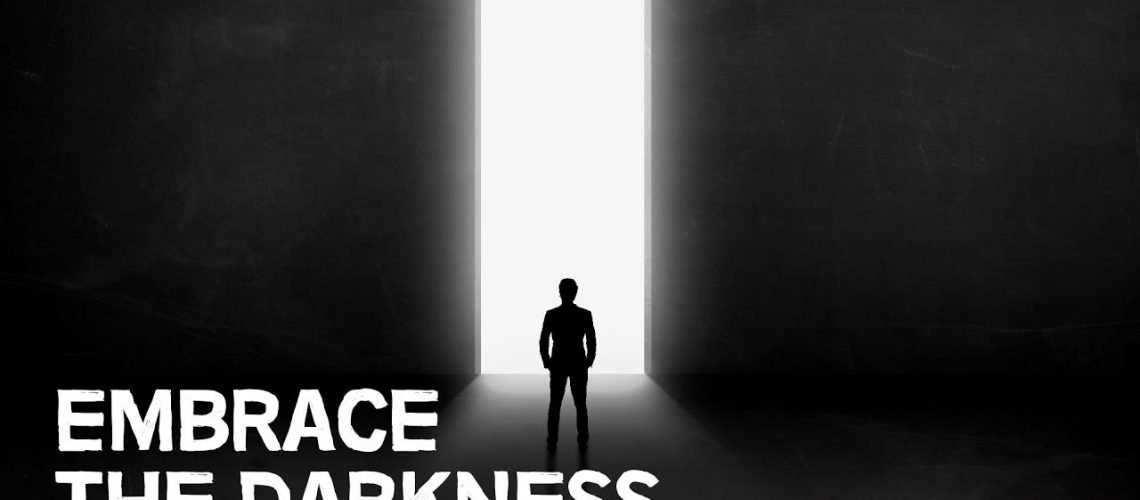In this video, Einzelgänger explains why it’s important to recognize our shadow and to embrace it.
Video by Einzelgänger
Key Takeaways
Philosopher Alan Watts spoke of what he called the ‘element of irreducible rascality’, which is inherently part of ‘being human’. We are both the good and the bad, the angel and the devil, the reason and the passions.
All these aspects make a complete human being. Unfortunately, we often deal with this rascality in an unhealthy way: by repression.
So, how can we improve if we partly repress who we are? Shouldn’t self acceptance be the acceptance of everything, including our undesirable aspects?
Not just evil traits, but also traits like creativity, certain interests, or sexual preferences can end up in the shadow. Most likely, the repression of those tendencies happens because the environment considers them unconventional and inappropriate.
1. Denial
- Me, for example, I’m aware that I’ve got some pretty dark sides in me, which are hidden behind the persona. Especially as a YouTuber that talks about spiritual topics, I could wear the mask of being all love and light, and a near-perfect human being, but then I would be nothing more than a fraud. There is evil in me, that has come out in the past several times, in ways I regret.
Humaneness consists of what we consider as good, as well as what we consider as bad. And there can only be good when there’s bad. Because without bad, what’s the basis for calling something good? Thus, being humane means being the complete package, including all it ugliness.
2. Projection
A significant manifestation of the shadow is called projection.
We recognize in others what we repress in ourselves. This reaction is quite logical because traits we dislike in ourselves we automatically dislike in others.
We can see a strong example of projection in the retired colonel Frank Fitts; a character the movie American Beauty (spoiler alert).
- Fits expresses himself as strongly homophobic and is devastated when he suspects his son to have an affair with the neighbor: a man named Lester Turnham. He reacts aggressively towards his son by beating him up, and telling him that he’d rather want him to be dead than a homosexual.
- Later in the movie, it turns out that he has repressed his own homosexuality his whole life (end spoiler).
Projection, for example, is actually a great opportunity to discover the things we repress, by becoming mindful of our own reactions towards other people’s characteristics, which is a direct manifestation of the shadow.
"If you imagine someone who is brave enough to withdraw all these projections, then you get an individual who is conscious of a pretty thick shadow. Such a man has saddled himself with new problems and conflicts.
He has become a serious problem to himself, as he is now unable to say that they do this or that, they are wrong, and they must be fought against."
The shadow speaks to us in many ways.
Carl Jung suggested other methods like active imagination and dream analysis, in order to make sense out of the symbolic language in which the unconscious tries to speak to us.
"No doubt this also sounds very simple. In reality, however, the acceptance of the shadow-side of human nature verges on the impossible. Consider for a moment what it means to grant the right of existence to what is unreasonable, senseless, and evil! Yet it is just this that the modern man insists upon. He wants to live with every side of himself—to know what he is."

